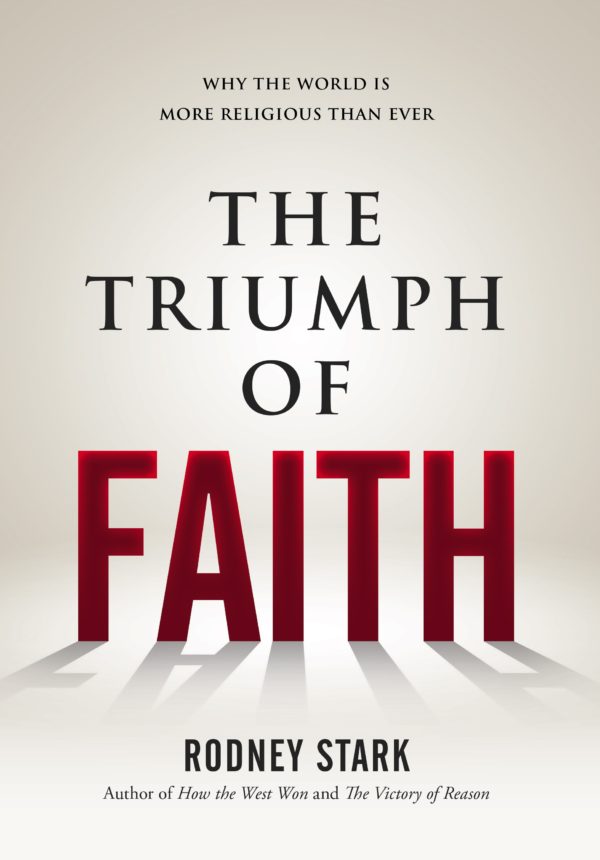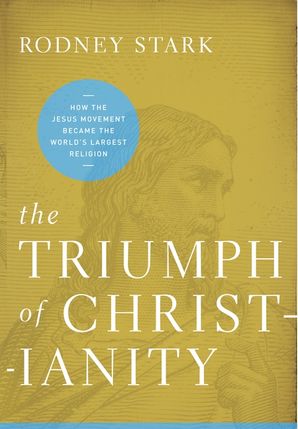
Antireligious intellectuals like Gibbon and Voltaire tried to make this a dark, backward period, but the opposite was the case.

What about the so-called Dark Ages? They "not only weren't dim, but were one of the most inventive times in Western history". That may be too many indeed, but it has nothing to do with the wild figures so readily thrown around. Thus over a two century period we have at most some 2,300 killed. After this, of 45,000 cases tried, just over 800 were executed. During the bloodiest period, there were at tops 30 people a year killed. While reports of hundreds of thousands killed are common, this has nothing to do with reality.

Says Stark, most of what has been written about it "is either an outright lie or a wild exaggeration".Ĭonsider the number of deaths. For example, his look at the Spanish Inquisition is a major demolition job of the accumulated nonsense which has been written about this. His specific chapters on various other themes are excellent albeit brief exposes of often fuzzy and confused thinking. Also, state churches of various stripes did not help matters much, resulting in "lazy churches," indifferent believers, and the tendency to hinder or harass other churches. Of course figures today are almost the reverse for secular Europe.īut he has a chapter on secularisation in general, and Europe in particular, and reminds us that church attendance was never very high in Europe. He estimates that in 40AD there may have been 1000 Christians in the Roman Empire, but 32 million (or 53% of the population) by 350. Stark reminds us of the enormous growth of Christianity which took place as a result of all this. Not merely in psychological ways, as faith in an attractive afterlife can do, but in terms of concrete, worldly benefits." Image of The Triumph of Christianity: How the Jesus Movement Became the World's Largest ReligionBuy this from Amazon:The Triumph of Christianity: How the Jesus Movement Became the World's Largest Religionby Rodney StarkClick HereĪs to the early spread of the faith, Stark notes that this was not mere "pie in the sky" stuff, but a very this-worldly religion: "Christianity often puts the pie on the table.


 0 kommentar(er)
0 kommentar(er)
